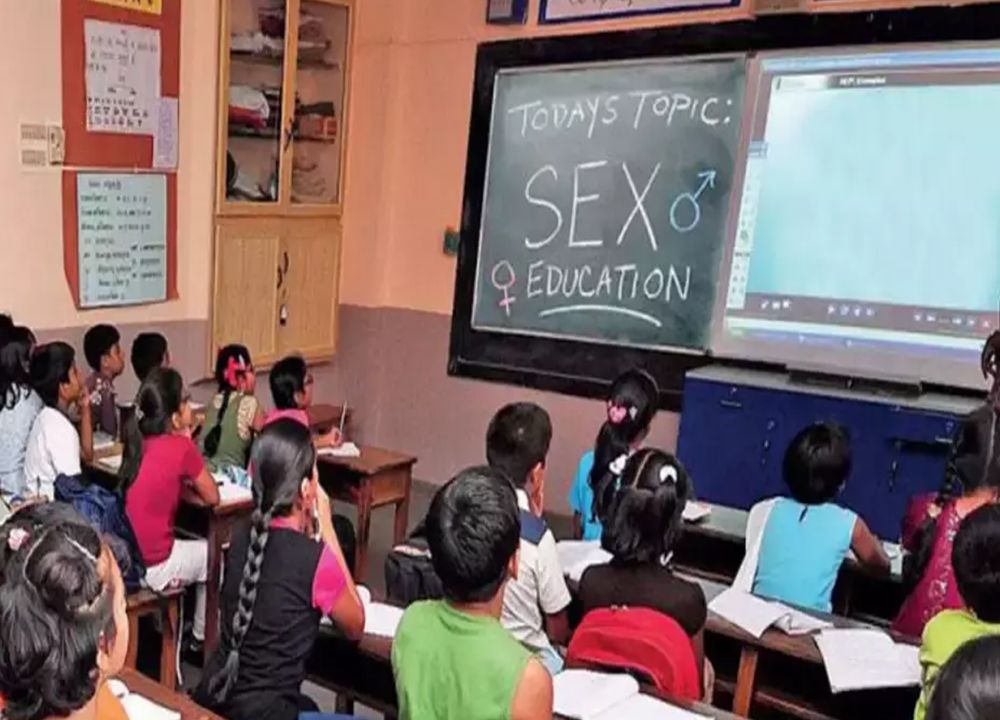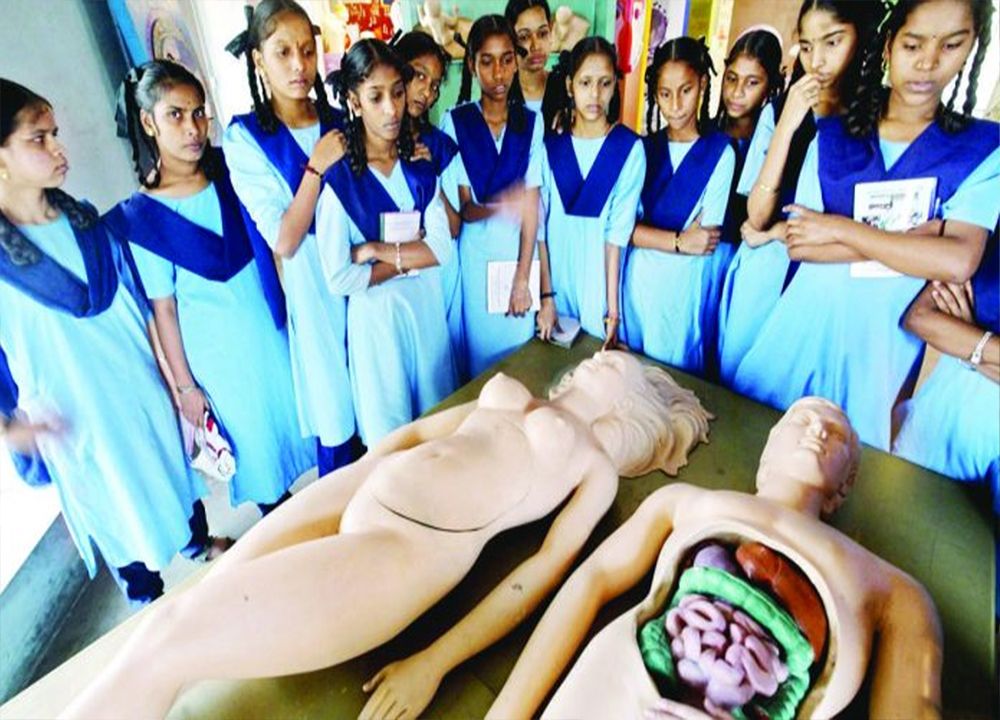Teenagers are incredibly curious about sex as there’s always a sense of secrecy surrounding the topic. As a result, there is a lot of confusion that exists about sex and sexuality. Misconceptions and the lack of awareness can push adolescents to engage in illegal and unscientific sexual activities. Thus, education institutions should be the right source to talk and impart knowledge regarding such an integral topic. The CBSE board sex education inclusivity is a welcoming change in this regard.
Since sex is not openly talked about in Indian society, this forces teenagers to rely on sources like pop culture and social media to learn about sex. Studies have shown that Indian adolescents are likely to become victims of sexual assault at the hands of adults. This is extensive because of the lack of sex education. Comprehensive sex education can encourage teenagers to make informed and responsible choices.
CBSE Board Sex Education Plan
In 1993, things too a turn for the better when directives were taken by the education board to introduce sex education as a curriculum in Indian schools. The Central Board of Secondary Education (CBSE) was the first to come up with an informational module on comprehensive sex education. This was combined with life skills, value education, and renamed “adolescence education”.
Dr. Namita Ranganathan who is a prominent member of the NCERT chair committee was responsible for initiating this program. According to her, the whole idea behind establishing such a module was to treat it as a part of growing up. There are several aspects of growing up, including reaching puberty, discovering one’s sexuality, dealing with body image, etc. All these concerns are significant in a child’s education.
This was combined with a mandatory course on life skills that would persuade teenagers to make informed and safe choices, engage in effective communication, focus on interpersonal relations, and so on.
 CBSE Board Sex Education Plan
CBSE Board Sex Education PlanCombining these two programs would make holistic adolescent education possible. Besides, there is a larger aim in schools to prevent sexual abuse, or any kind of harassment taking place, and make adolescents aware of the legalities related to such offenses.
However, this curriculum only existed in theory and was never widely taken up by the schools under the CBSE board. In fact, several of the Kendriya Vidyalayas which are controlled directly by the Union HRD Ministry refused to follow this curriculum as they had their lifestyle-oriented educational programs.
Once again in 2021, the need for a CBSE board sex education program has been recognized. This time, schools across the country are determined to make this program a routine initiative and implement it to the best of their possibility.
Comprehensive Sex Education (CSE) Curriculum
It is significant to understand what exactly falls under the CBSE board sex education 2021 curriculum. The sex education syllabus is said to include modules on the process of growing up, prevention of substance abuse and sexually transmitted diseases/infections, building a perspective on sex workers, and social issues related to sex and sexuality.
There are also going to be modules that teach students about body image issues and how to be confident in their growing bodies. NCERT has specifically developed a curriculum that can provide a guideline to schools. In addition, private schools have been encouraged to host sensitization workshops and training on these subjects for their students.
It should be noted that the main aim behind introducing such a progressive curriculum is to prevent sexual abuse or any kind of exploitation from happening in schools. Therefore, the students’ primary interests and security have been prioritized over anything else.
Is Sex Education Important in Schools?
Since CBSE made this announcement public, there have been speculations by some parents and teachers about the necessity of such sex education courses. Many have even raised the question of whether sex education is at all important in schools. Sex education at the school level is significant given the present day’s political and cultural climate. Even with the POCSO Act in place, there are rising cases of sexual abuse against children.

In most cases, children are naive and unaware of the sexual assaults they are subjected to. They may even hesitate to talk to their elders about this because sex is considered a taboo subject. Children in India are not brought up with the confidence of approaching such sensitive topics.
Therefore, the CBSE board sex education inclusion will help teach children about the process of puberty, the physical and psychological changes associated with it, and a comprehensive understanding of their changing bodies.
Every child must be taught to distinguish between good touch and bad touch. They should know who can touch them where and who cannot. Most children do not anticipate puberty. Thus, it can be extremely difficult to deal with the rapid changes their bodies put them through. As a result, there is a lot of awkwardness and embarrassment.
Further, adolescents who are sexually active, do not have the access to the knowledge of proper resources. They must be made aware of the legal age of consent, available contraceptive methods, and how to make safe choices. This will result in legal sex, prevent sexual abuse, and fewer unplanned pregnancies.
Conclusion
Even though sex education has been made a compulsory subject, the board has made it clear that students won’t be graded on the subject. There will be no examinations. The purpose of this curriculum is to equip adolescents with fundamental knowledge and there is no need to burden them with the pressure of writing exams.
The CBSE board has set a progressive example for how education must adapt to the changing scenarios. They have anchored a benchmark, and other educational boards should take notes.
Also Read: Education Teach Why India Needs It

